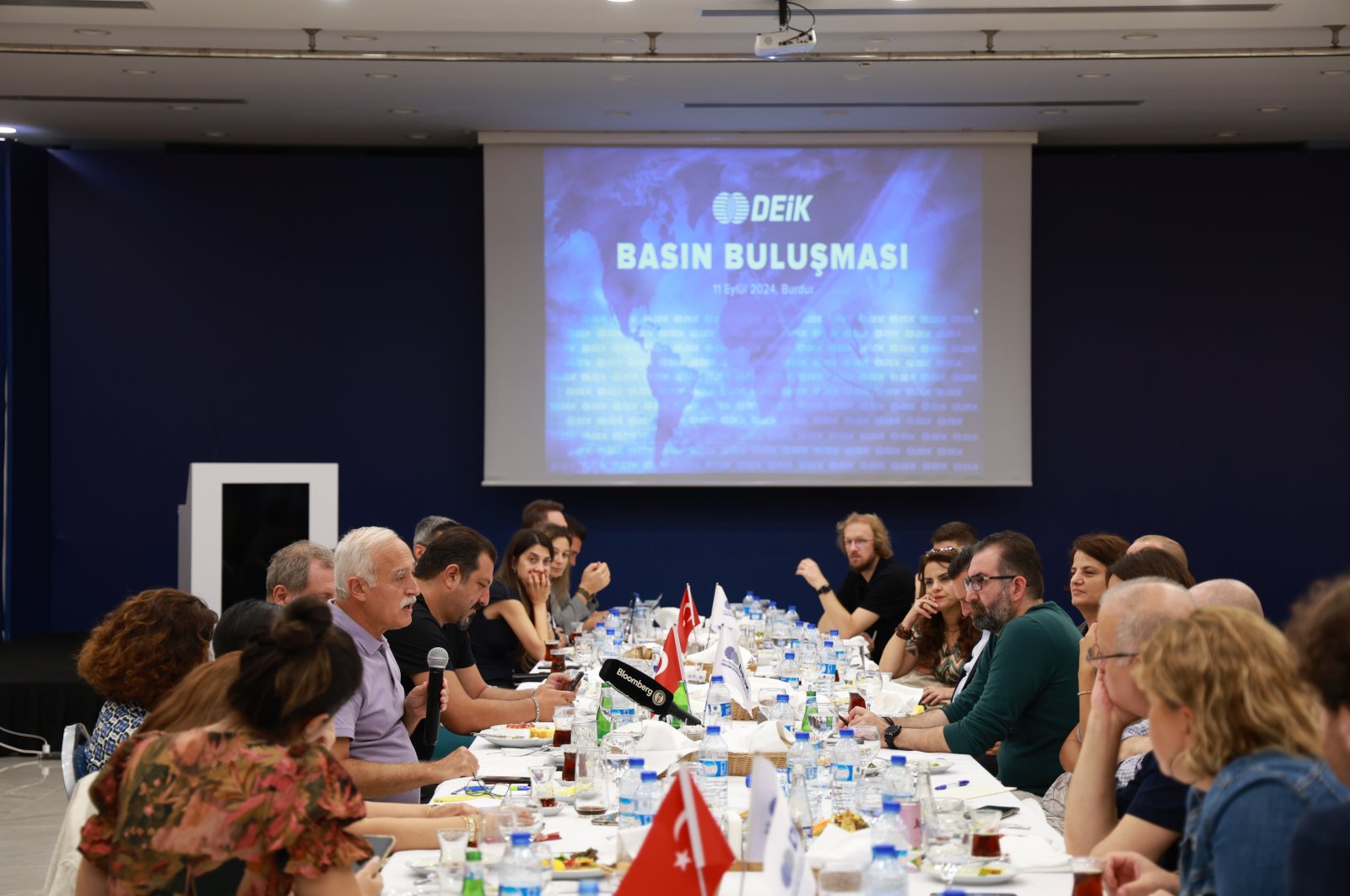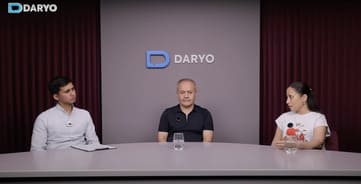

Nail Olpak, head of the Foreign Economic Relations Board of Türkiye (DEIK), has underscored Türkiye's pivotal role in global logistics as part of the Belt and Road Initiative (BRI). Launched in 2013, the BRI aims to connect Asia, Africa, and Europe through a network of trade routes, backed by an investment of approximately $1 trillion from China. So far, China has invested between $50 billion to $60 billion in the initiative [64c31eb9].
Olpak highlighted that shipping from Shanghai to Amsterdam typically takes 40-45 days, whereas utilizing the Middle Corridor through Türkiye could significantly reduce this transit time to just 7-9 days. However, he warned that Türkiye risks losing its logistics advantage if shipping times continue to decrease globally [64c31eb9].
Türkiye currently faces a trade imbalance with China, with exports amounting to roughly one-tenth of imports. This imbalance poses challenges for Türkiye's economy, which is grappling with high inflation rates currently at 52% and interest rates at 50% [64c31eb9]. Despite these economic hurdles, Turkish contractors managed to secure $31.5 billion in contracts worldwide in 2022, indicating a resilient export sector [64c31eb9].
Olpak emphasized the necessity for Türkiye to engage proactively with the BRI, suggesting that the country must adapt its strategies to maintain its logistics edge. He expressed cautious optimism about Türkiye's economic future, advocating for adjustments that would better support exporters [64c31eb9].
In addition to its logistical ambitions, Türkiye has applied to join BRICS, viewing this move more as a political strategy rather than an economic one. The DEIK's 15th Türkiye Investment Conference is set to take place from September 23-25, 2024, in New York, further highlighting Türkiye's commitment to international economic engagement [64c31eb9].
As the BRI continues to evolve, Türkiye's strategic positioning could play a crucial role in shaping the future of trade routes and economic partnerships across the region, especially amid the backdrop of changing geopolitical dynamics and the increasing demand for efficient land routes [3915dac4].